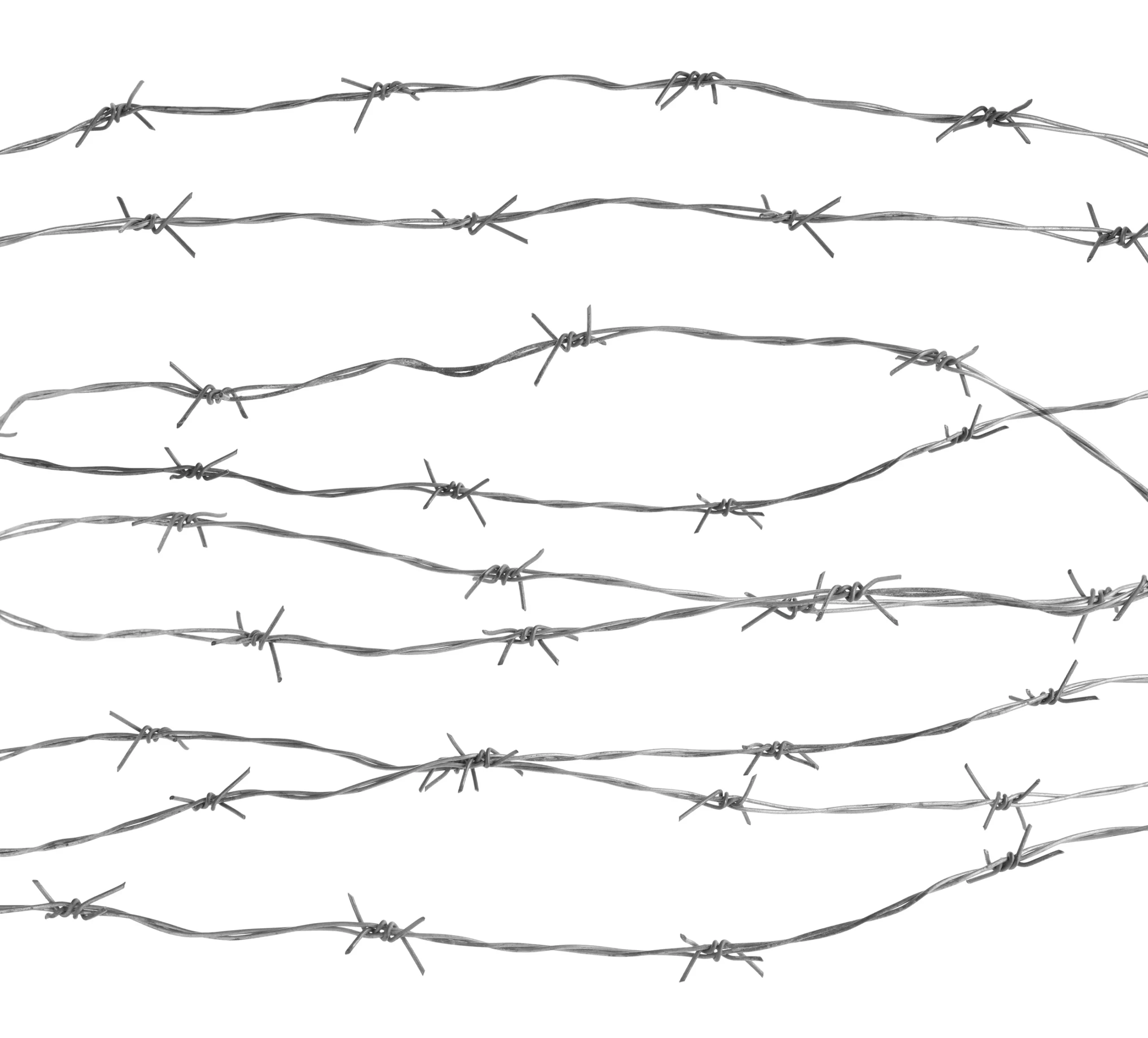In today’s fast-paced world, stress is a complex challenge affecting millions globally. Whether it stems from work pressures, relationship dynamics, or health-related anxieties, the impact of stress on our daily lives and overall mental well-being cannot be overstated. That said, we do have practical tools that can help us effectively manage stress, improve our mental health, and grow personally.
Recent statistics reveal that over 875,000 workers in Great Britain reported experiencing work-related stress, depression, or anxiety in the 2022/23 period. Stress isn’t just a fleeting concern – if left untreated, it has serious implications on physical health, potentially exacerbating conditions like heart disease, diabetes, and mental health issues. It disrupts sleep, affects mood and productivity and can strain relationships, making managing it essential to maintaining a balanced life.
Understanding the root causes of stress helps us create effective coping mechanisms. Whatever your triggers are, recognising them is the first step towards managing them. Understanding these two elements helps tailor stress reduction techniques to fit your specific lifestyle and needs, making them more effective in developing resilience and enhancing your quality of life.
Understanding Stress
Stress is an automatic response from your nervous system. Some stressors arise at predictable times—your commute to work, a meeting with your boss, family gatherings, or a bill coming through the door, for example. But stress can also appear spontaneously.
There are two main types of stress:
- Acute stress is short-term and situational, often sharp yet manageable.
- Chronic stress persists over extended periods, leading to significant health complications if unaddressed.
Stress triggers can vary widely, but in the UK, work-related pressures top the list, with surveys indicating that 79% of UK adults experience frequent work-related stress. Other common sources include financial worries, health issues, and personal relationships, each contributing to the national stress load.
Statistical insights paint a concerning picture:
- 74% of UK adults have felt overwhelmed or unable to cope due to stress.
- 32% report experiencing suicidal feelings associated with stress, with a higher incidence among women (35%) than men (29%).
- Young adults aged 18-24 report the highest levels of stress-induced feelings of being overwhelmed (39%) and self-harm (29%).
- The economic impact is also significant, with stress-related inpatient hospital admissions costing the UK around £8.13 billion.
Stress Management Techniques
Adopting effective stress management techniques is imperative for overcoming the complex challenges of daily life and maintaining mental and emotional well-being. These strategies help alleviate immediate stress and contribute to long-term health benefits, enhancing one’s ability to cope with life’s inevitable pressures.
Here are several practical techniques supported by research that you can integrate into your daily routine to reduce stress and promote a healthier, more balanced lifestyle.
Regular Physical Activity
Engaging in physical activity is a proven stress reliever. It helps lower the body’s stress hormones (such as cortisol) over time and releases endorphins (chemicals that improve your mood and act as natural painkillers). Simple activities like walking, cycling, or yoga can be incorporated into daily routines to help maintain mental wellness.
Mindfulness and Meditation
These practices bring your attention to the present, helping to clear the mind and ease stress. Techniques like deep breathing, guided imagery, or even a few minutes of meditation can significantly calm your mind and can be particularly effective in managing the symptoms of chronic stress.
Good Sleep Hygiene
Sleep and stress have a two-way relationship. High stress can lead to sleepless nights, and insufficient sleep can make you more susceptible. Strategies for getting adequate sleep include sticking to a schedule, creating a bedtime ritual that signals your body it’s time to sleep, and making your bedroom a tech-free zone.
Effective Time Management
Poor time management can cause significant stress. Tools like to-do lists, digital calendars, or apps designed to organise tasks can help you manage your time better. Prioritising tasks, breaking them into smaller steps, and delegating where possible can also reduce stress and improve productivity.
Building Social Support
Maintaining a strong network of support from friends and family can help you manage during stressful times. Whether you’re talking through problems, receiving advice, or simply sharing experiences, social connections can help you reduce anxiety and enhance your quality of life.
Creating a Personal Stress Management Plan
Developing a personal stress management plan is a proactive step towards improving your mental well-being. Here’s how to design a plan that resonates with your lifestyle and stressors:
- Identify Your Stress Triggers: Start by identifying the situations that increase your stress levels. It is important to understand your triggers, whether they are work deadlines, family dynamics, or health concerns.
- Set Realistic Goals: Focus on what you can realistically achieve without adding more stress to your day. Goals should be specific, measurable, attainable, relevant, and time-bound (SMART).
- Choose Techniques That Suit You: Of the stress management techniques outlined earlier, pick the ones that will most benefit your particular circumstances. This can include any combination of physical activity, mindfulness exercises, and social interactions.
- Schedule Time for Stress Management: Allocate specific times in your schedule for activities like exercise, meditation, or social outings.
- Monitor Your Progress: Keep a journal or log to track which techniques help most reduce your stress. Note any changes in how you feel or how effectively you handle stressful situations.
- Adjust as Needed: As you implement your plan, you may find some strategies more effective than others. Be flexible and willing to adjust your plan based on what you learn about your stress patterns and responses.
Downloadable Worksheets
To further help your journey in managing stress, we’ve included two practical tools:
Daily Stressor Checklist:
This downloadable resource allows you to monitor your daily stressors and the effectiveness of your stress management techniques. It’s designed to help you become more aware of the circumstances that trigger your stress and assess which coping strategies work best for you.
Stress Management Checklist:
This fillable table facilitates the planning and recording of your stress reduction activities. The worksheet will help you track the frequency and effectiveness of these activities, enabling you to fine-tune your approach based on real-time feedback.
These tools are designed to be simple yet effective for personal use. They empower you to take control of your stress management in a structured way and encourage regular reflection and adjustment, which are key to finding what truly works for you.
Get Help for Stress Today
Stress management is essential for enhancing well-being and improving your ability to cope with the pressures of daily life. Integrating activities like physical exercise, mindfulness, proper nutrition, adequate sleep, effective time management, and building a supportive social network can significantly mitigate stress and boost overall mental health. However, it’s important to recognise when these methods alone aren’t enough.
If you find your stress levels overwhelming or are persistently interfering with your daily life, it may be time to seek professional help.
At Assured Healthcare and Wellness, we are dedicated to providing comprehensive and empathetic support tailored to your specific needs. We offer personalised care plans designed to help you manage stress and enhance your quality of life in the comfort and familiarity of your own home.
Don’t let stress control your life. Contact us today to explore how our specialised services can support your journey towards a healthier, more balanced future. Remember, taking the first step towards managing your stress is not just about improving today but investing in a healthier, happier tomorrow.



